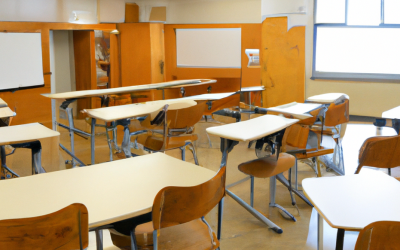Winnipeg — Homework is an important part of the schooling process and it would be better to reform and improve its use than to abolish it entirely according to a new report from the Frontier Centre for Public Policy.
The study Back to the Drawing Board: The Case for Meaningful Homework is authored by Manitoba teacher and Frontier research associate Michael Zwaagstra and University of Manitoba education professor Rodney Clifton. The study notes that while homework opponents argue such work is pointless busywork that provides virtually no appreciable benefit to students, homework in fact provides students with key opportunities to practice and reinforce skills and concepts learned in school.
“The research data show a correlation between homework and academic achievement for middle years and high school students,” write Zwaagstra and Clifton, who also note that the most recent numbers indicate that the average time spent on daily homework by six- to eight-year-old students is 22 minutes. The figure for high school students is 50 minutes per weekday on homework on average.
“Considering that school days are generally 5.5 hours or fewer, it hardly seems unreasonable to add an extra 22 or 50 minutes during the week for completing homework assignments.”
In a comparison of homework and television Zwaagstra and Clifton point out the average six- to eight-year-old child watches an average of one hour and 51 minutes per day of television; high school students watch an average of two hours and eight minutes daily. “If anything is taking away from physical exercise and productive family time, it is television, not homework.”
The study recommends school board resist the pressure by some groups to ban its use entirely. “Homework is an important part of the schooling process and it would be better to reform and improve its use than to abolish it entirely,” note Zwaagstra and Clifton.
The Frontier Centre for Public Policy study, Back to the Drawing Board, can be found here.
For more information, contact:
Michael Zwaagstra
mzwaagstra@shaw.ca
204-320-9502 (home)
204-371-5125 (cell)
[and/or]
Troy Media
Gary Slywchuk
403.835.8192
gary.slywchuk@troymedia.com


